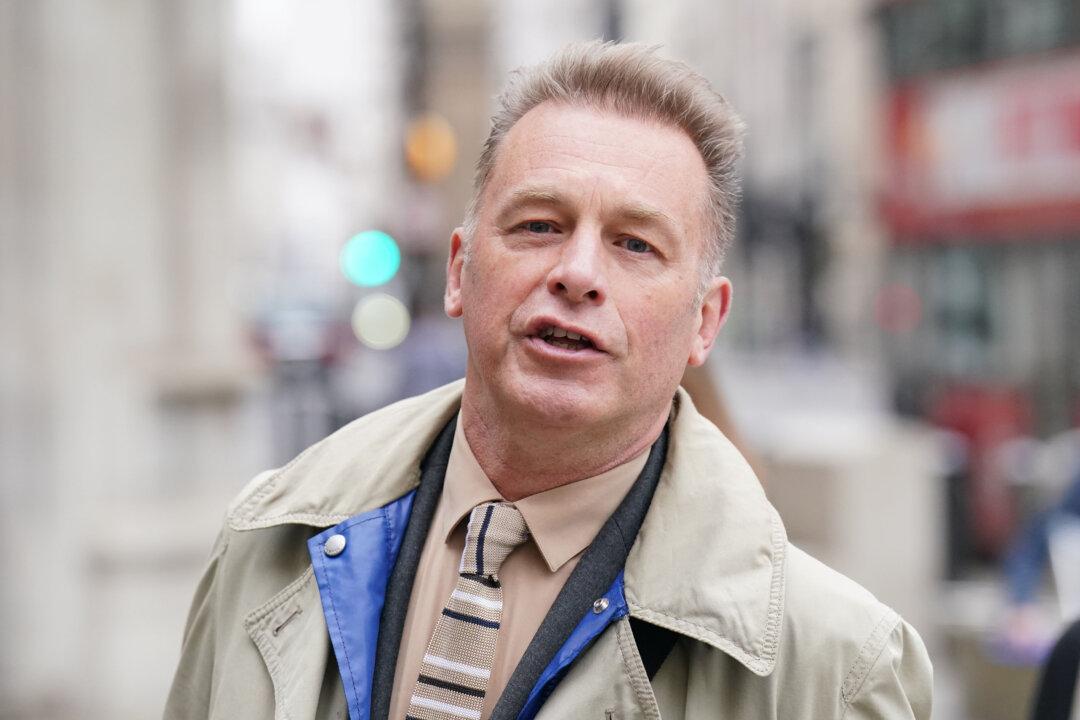The UK government faces a High Court legal challenge over its decision to change and roll back on some of its net zero timetable commitments.
Naturalist, BBC TV presenter and campaigner Chris Packham, represented by environment lawyers at the law firm Leigh Day, has applied for a judicial review of the government’s decision to change the net zero timetable to phase out motor vehicles and gas boilers.





